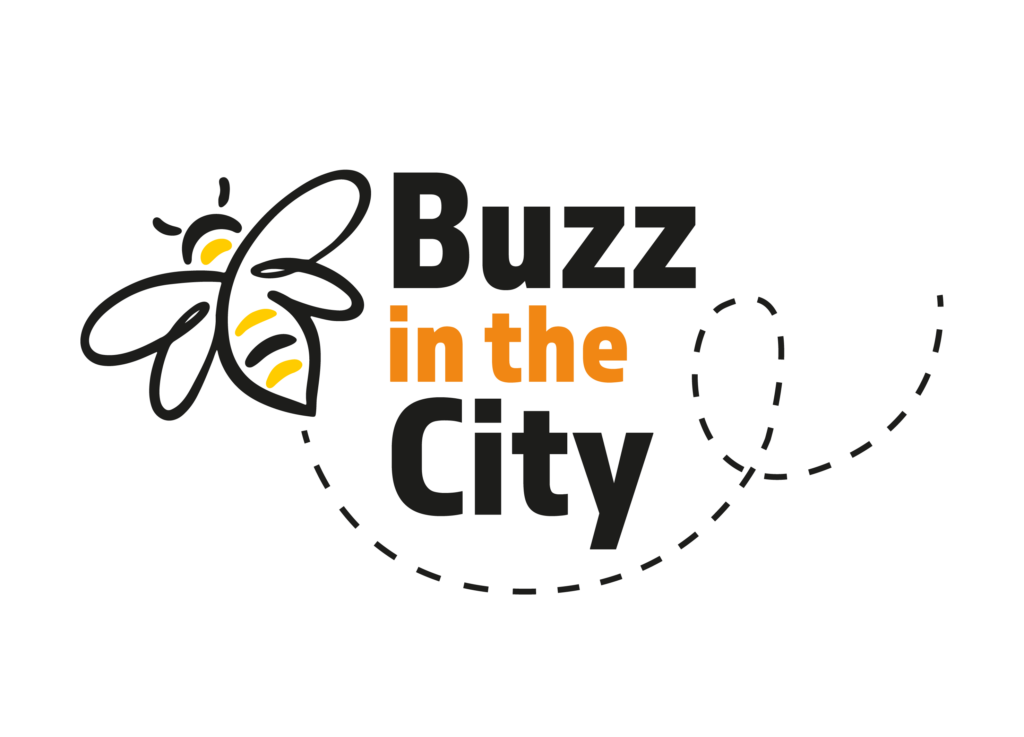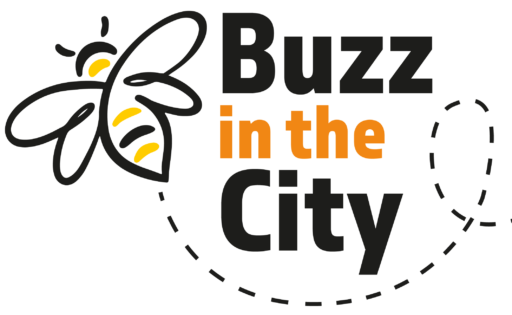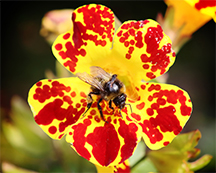Every year on 10 July, Don’t Step On A Bee Day offers more than just a quirky name—it’s a timely reminder of the vital role bees play in our environment, and how urgently they need our protection.
Bees are responsible for pollinating around one third of the food we eat. From apples and strawberries to almonds and tomatoes, many of our everyday favourites rely on these tireless workers. But bee populations are in decline, threatened by habitat loss, pesticides, disease, and climate change.
That’s why this awareness day matters. And here in Chelmsford, it’s especially relevant as we celebrate our own buzzing tribute to pollinators through the Buzz in the City art trail.
Local Beekeepers Share Their Wisdom
To mark the occasion, Chelmsford Bee Keepers, proud supporters of Buzz in the City, have shared five practical ways we can all help protect our local bee populations:
- Plant for pollinators
Choose flowers like lavender, cosmos, and hollyhocks. These provide a steady supply of nectar and pollen, giving bees the nutrition they need throughout the seasons. - Cut back on chemicals
Pesticides and insecticides can be deadly to bees. Opt for natural pest control methods and organic gardening practices to keep your garden healthy without harming pollinators. - Support local beekeepers
Buying local honey helps sustain beekeeping in your area. You can find jars of Chelmsford-produced honey at the Full Circle store on the High Street—a sweet way to support both bees and local businesses. - Inspire the next generation
Teaching children about the importance of bees helps build a culture of care and awareness that will benefit future ecosystems. - Consider beekeeping
Whether it’s joining a local group or setting up a hive in your garden, beekeeping is a rewarding way to connect with nature and support biodiversity.
Creating a Bee-Friendly Environment
Even if you’re not ready to don a beekeeper’s suit, there are simple ways to make your outdoor space more welcoming to bees. Leaving small patches of bare ground can help ground-nesting bees, while bee hotels or bundles of hollow stems offer shelter for those that nest above ground.
And don’t forget water—placing a shallow tray filled with pebbles and clean or rainwater gives bees a safe place to drink and rest.
A Buzz Worth Celebrating
As we enjoy the colourful sculptures and community spirit of Buzz in the City, Don’t Step On A Bee Day is a chance to reflect on the real-life pollinators that inspired it all. With a few small changes, we can all help ensure that bees continue to thrive—for our food, our flowers, and our future.


